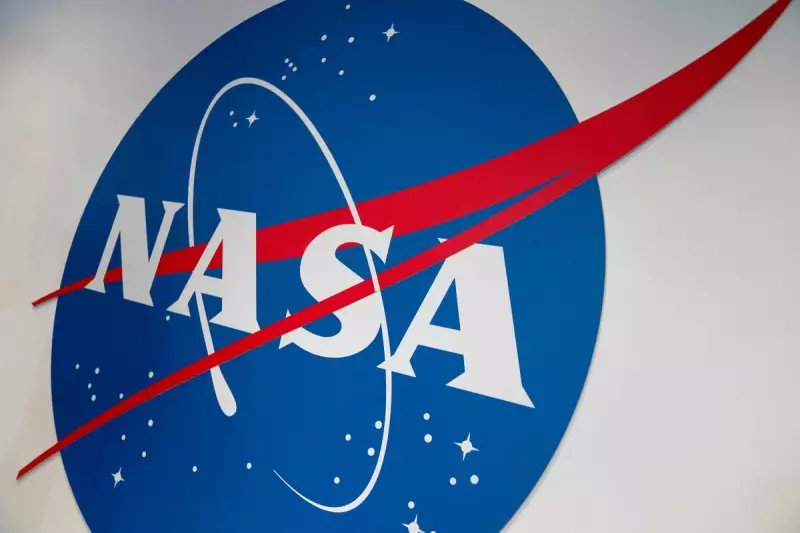
A senior NASA official has issued a stark warning, accusing the Chinese government of disguising a military-led land grab on the Moon as a peaceful civilian space programme. The allegations signal a significant escalation in the new space race between the two superpowers.
NASA administrator Bill Nelson voiced serious concerns in an interview, suggesting that China's recent advancements in lunar exploration are not purely for scientific discovery. He alleged that the programme, run by the nation's military, the People's Liberation Army (PLA), has ulterior motives to lay claim to strategic lunar resources and territory.
A Strategic Threat in Space
'We believe there is a very strong element of a lot of their so-called civilian space programme that is actually military,' Mr Nelson stated. His central fear is that China could identify and seize resource-rich areas on the Moon, particularly the water ice located at the South Pole, and then block access to other nations.
'It is not inconceivable that they get to a place on the Moon and say, 'This is our territory, you stay out',' Nelson cautioned. This scenario would directly violate the widely accepted 1967 Outer Space Treaty, which prohibits any national claims of celestial sovereignty.
The Race for the Lunar South Pole
The focal point of this new geopolitical contest is the Moon's South Pole. Both NASA, with its Artemis programme, and China, with its Chang'e missions, are racing to land astronauts there. The region is critically important due to its suspected vast deposits of water ice, which can be converted into drinking water, breathable air, and rocket fuel.
Whoever establishes a permanent presence first gains a tremendous strategic advantage, effectively controlling a vital resupply hub for deeper space exploration. Nelson's comments underscore the high stakes involved, transforming what was once a scientific endeavour into a potential arena for conflict.
China's Denial and the Broader Context
Beijing has consistently denied such allegations, maintaining that its space ambitions are purely peaceful and focused on scientific cooperation. Chinese foreign ministry spokesperson Mao Ning previously stated that China 'always advocates the peaceful use of outer space' and opposes its weaponisation.
However, Nelson's remarks reflect a deep-seated distrust in Washington and a growing consensus that the next chapter of human space exploration will be fraught with terrestrial geopolitical tensions. The world watches as these two giants prepare for their next giant leaps, which now carry the weight of national security and international power dynamics.





